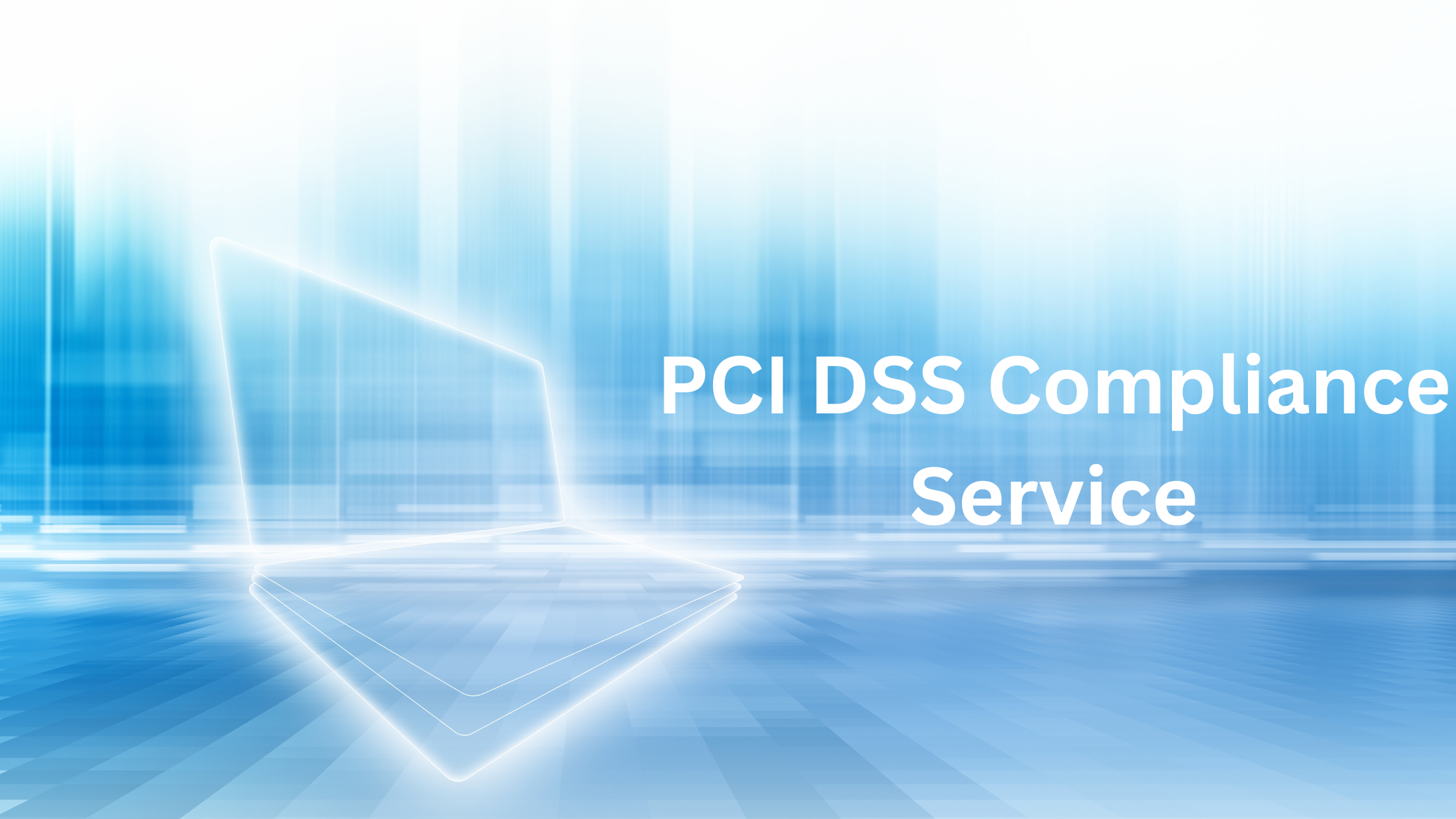In today’s digital age, securing payment card data is essential for businesses that process cardholder information. One way to achieve this is by adhering to the Payment Card Industry Data Security Standard (PCI DSS). If you’re looking for PCI DSS compliance services in Mohali, understanding the technical controls is crucial. These controls ensure that your systems and processes are secure, helping you protect sensitive data and maintain customer trust.
In this blog, we’ll explore the key technical controls required for PCI DSS compliance and how they contribute to securing cardholder data.
Understanding PCI DSS Compliance
PCI DSS is a set of security standards designed to protect payment card information during and after a financial transaction. It applies to all entities involved in storing, processing, or transmitting cardholder data. Whether you run a small business or a large corporation, compliance is mandatory if you handle payment card information. A PCI DSS compliance service helps businesses implement the necessary controls to meet these standards. These controls are grouped into six categories, with technical controls playing a vital role.Importance of Technical Controls in PCI DSS
Technical controls are mechanisms put in place to protect the systems and networks handling cardholder data. They involve a combination of hardware, software, and configurations designed to secure sensitive information. Without robust technical controls, businesses are vulnerable to data breaches, which can lead to severe financial and reputational damage. Let’s delve into the specific technical controls required by PCI DSS compliance.Key Technical Controls in PCI DSS Compliance
1. Firewalls and Network Security A strong firewall configuration is the first line of defense against unauthorized access to your network. PCI DSS requires businesses to:- Install and maintain a firewall to protect cardholder data.
- Restrict connections between untrusted networks and systems within the cardholder data environment (CDE).
- Document and regularly review firewall and router configurations.
- Cardholder data must be encrypted when transmitted across open or public networks.
- Stored cardholder data should also be encrypted to prevent unauthorized access.
- Implement role-based access controls (RBAC) to ensure users only access information necessary for their role.
- Assign a unique ID to each user to track their activity.
- Use multi-factor authentication (MFA) for accessing systems containing cardholder data.
- Keep a record of and continuously monitor all access to network resources and cardholder data.
- Use automated audit logs to record user activities, including login attempts and data access.
- Consistently review logs to detect and address any suspicious activities.
- This helps in detecting potential threats early and maintaining a secure environment.
- Conduct regular vulnerability scans and penetration testing.
- Install security patches and updates promptly to fix known vulnerabilities.
- Deploy antivirus and anti-malware tools to safeguard systems against malicious software.
- These practices help in identifying and addressing security weaknesses before they can be exploited.
- Ensure that applications are developed in accordance with secure coding guidelines.
- Perform code reviews and vulnerability assessments during the development process.
- Use secure protocols like TLS for data transmission within applications.
- Mask the PAN (Primary Account Number) when displayed.
- Use truncation to store only a portion of the PAN for reference.
- Using access control systems like keycards or biometrics.
- Monitoring physical access through surveillance cameras.
- Logging and reviewing physical access events.
Benefits of Implementing Technical Controls
Implementing these technical controls offers several advantages, including:- Enhanced Security: Shields your business from data breaches and cyberattacks.
- Customer Trust: Builds confidence among customers that their data is safe.
- Regulatory Compliance: Helps you meet legal and industry requirements.
- Cost Savings: Avoids fines and penalties associated with non-compliance.
How a PCI DSS Compliance Service Can Help
Achieving PCI DSS compliance can be complex, especially for businesses without dedicated IT security teams. This is where a PCI DSS compliance service becomes invaluable. These services offer:- Expert Guidance: Professionals who understand the intricacies of PCI DSS requirements.
- Customized Solutions: Tailored controls based on your business needs.
- Continuous Support: Ongoing monitoring and maintenance to ensure continued compliance.

